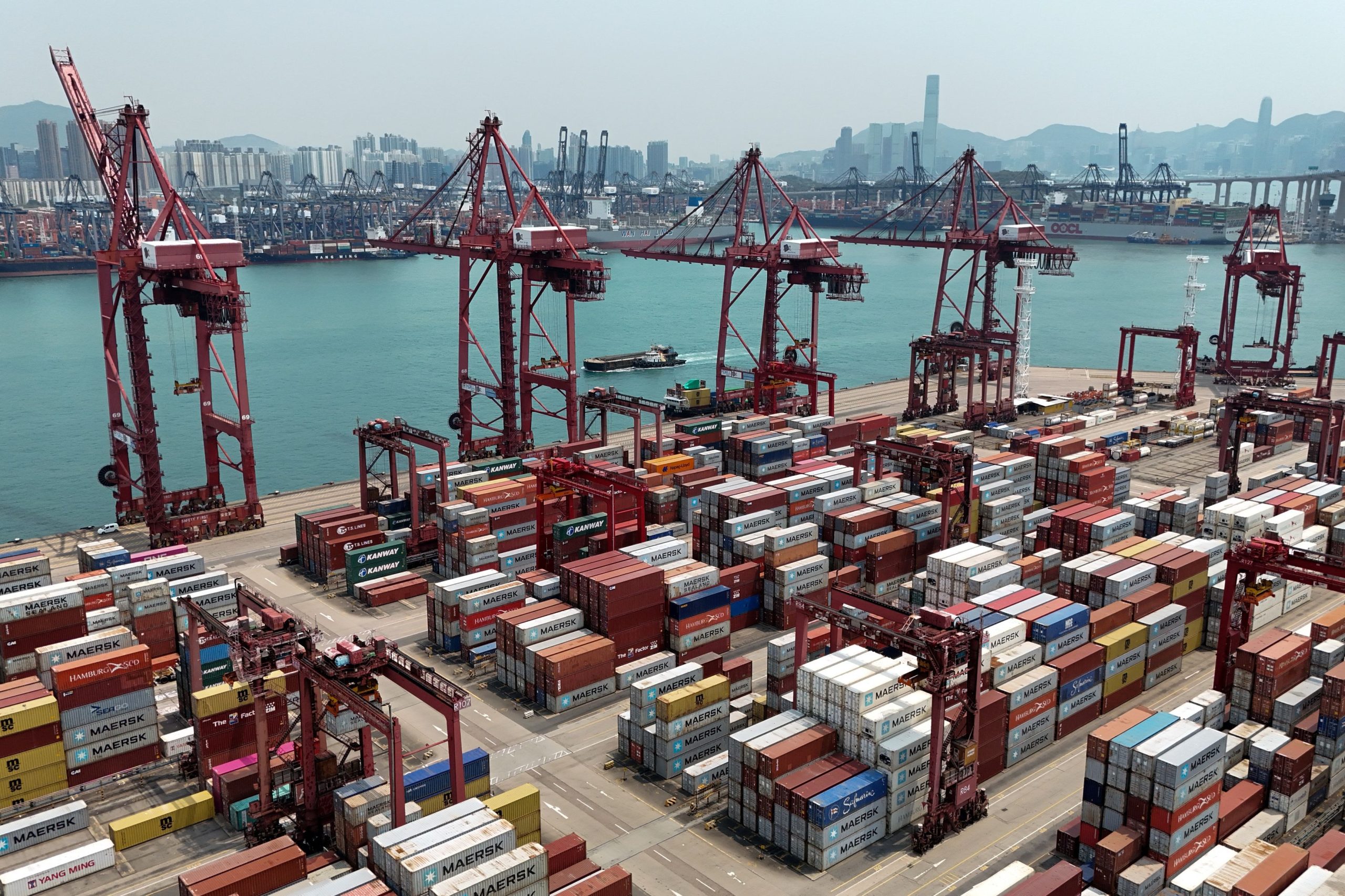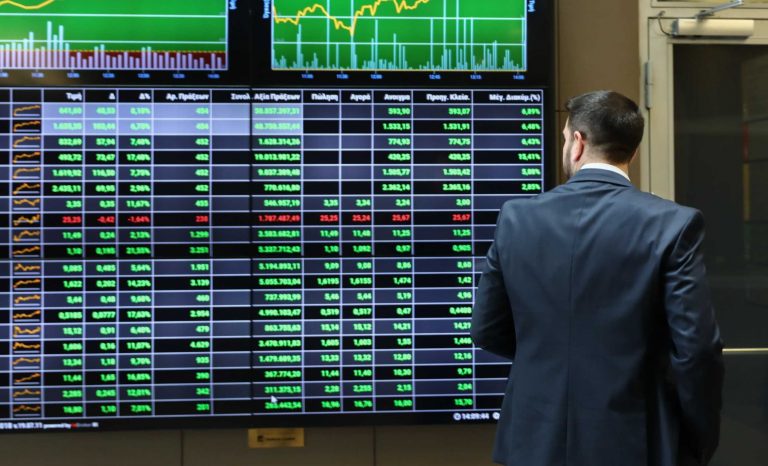Banks will turn to the leasing market to finance their customers in the coming years, aiming to grow their operations with greater security and reduced costs for credit risk.
Following the recent expansion of leasing to non-entrepreneurial individuals, the scope of lending households is estimated to increase significantly.
This is because employees and retirees who for various reasons did not have access to bank lending to obtain a car or a house, now have another alternative, as long as their credit profile is satisfactory.
According to banking sources, in the coming years a significant percentage of new financing, which could reach up to 30%, will be related to leasing loans.
The main difference
Their main advantage for the banks is the fact that the asset that is financed is not marked, but remains in their ownership.
This means that in case the client is unable to pay his installments, the lease expires and the collateral is immediately available to the bank, for immediate use or sale to recover the overdue receivables.
In contrast, in the case of loans, the property is owned by the debtor and the time to recover the debt through the auction process is significantly longer.
Therefore, in the event of a deterioration in the macroeconomic environment and a general decline in incomes, the inevitable rise in non-performing loans will be mitigated.
At the same time, another option is added to the quiver of credit institutions and their managers to regulate the on-balance sheet mortgages that are already in the red.
What banks will earn
Given these data, the main benefits for banks from the development of the leasing sector are the following:
– They expand their clientele to those interested in acquiring real estate or a car, who do not have the required down payment or the minimum participation required in the loans.
– The 4 systemic groups are already active in the sector with subsidiaries, the results of which are counted in their consolidated sizes every year.
That is, interest income and commissions from them contribute to the enhancement of organic profitability, as well as purely banking operations.
– Given that the funded asset remains the property of the bank until the end of the repayment period, it is not necessary to make provisions.
In this way, the net profitability of the banks is not affected, at a time when the return to the era of dividends is a priority for their administrations.
In contrast for loans, the listing of provisions is a given and can reach 30% – 40% on the amount of the loan, burdening the results of the bank.
– The financial arsenal of banks is growing, as with the same amount of equity, they have the opportunity to increase credit expansion to higher levels.
This is a crucial factor in supporting the real economy, as the implementation of the Recovery Fund and development programs in the coming years is expected to lead to an increase in demand for money.
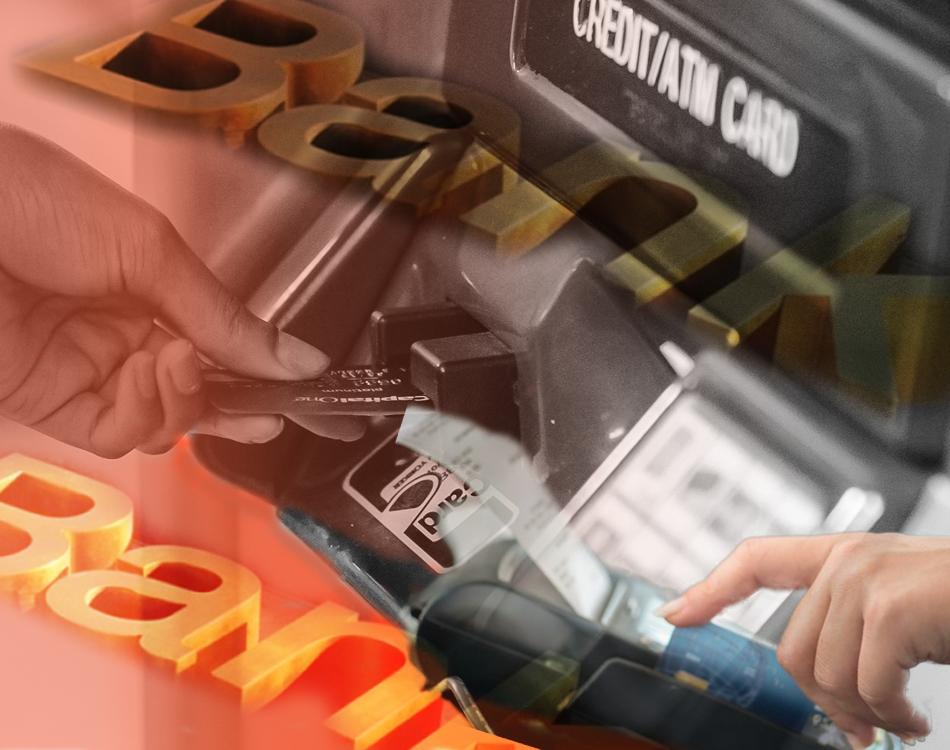



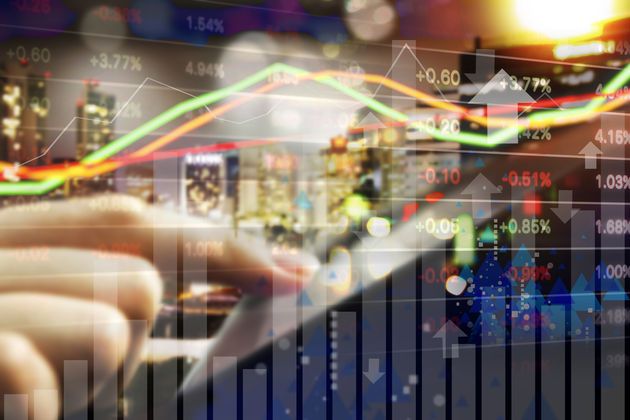


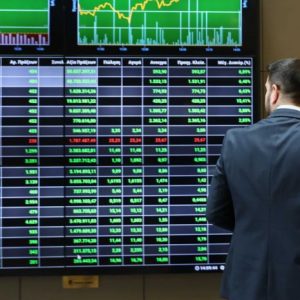



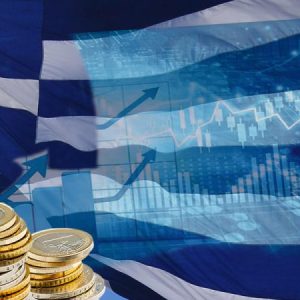
![Οι αλλαγές που υπάρχουν στα φορολογικά έντυπα για τα εισοδήματα του φορολογικού έτους 2024 από ακίνητα [Γ’ Μέρος]](https://www.ot.gr/wp-content/uploads/2025/03/akinita.jpeg)

